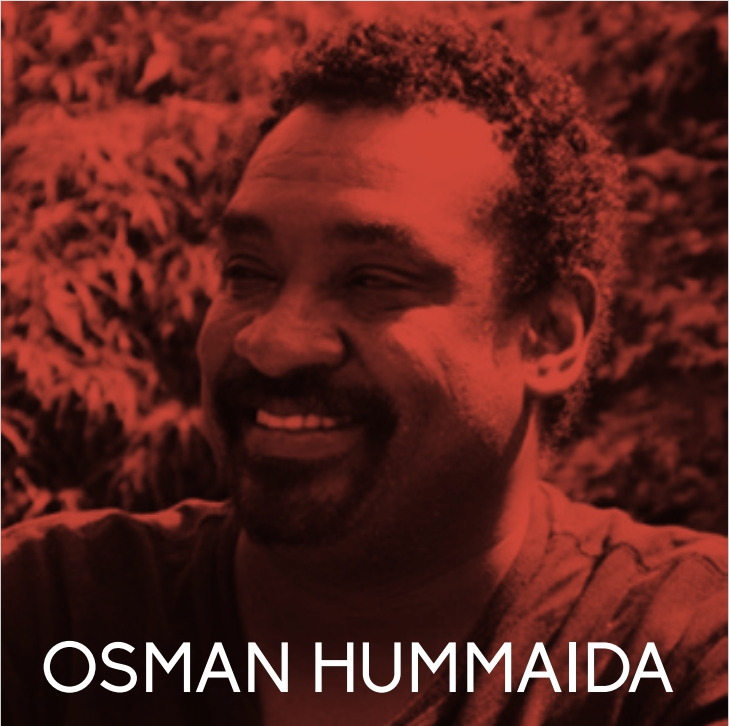Oral intervention on the report of Special Rapporteur on Human Rights Defenders in Africa
53rd Ordinary Session of the African Commission on Human and Peoples’ Rights
Banjul, The Gambia, 13th April 2013
Honorable Chairperson, commissioners, distinguished delegates,
The East and Horn of Africa Human Rights Defenders Project would like to thank the honorable commissioner, Mme Reine Alapini-Gansou, for her valuable work on the situation of human rights defenders in Africa.
We remain concerned about the existence of laws throughout our sub-region that criminalize and hinder human rights defenders’ work, including excessive restrictions on the right to access funding. Four years after the adoption of the Charities and Societies Proclamation in Ethiopia in 2009, given the severe restrictions on funding of human rights organisations, it is increasing difficult to get an accurate picture of the human rights situation in the country given the under-reporting of violations, or for victims to receive assistance and accountability for the abuses they have suffered. The appeal by the Human Rights Council, an Ethiopian NGO, against the freezing of its bank accounts was finally rejected by the Supreme Court, after numerous delays, in October 2012.
In Sudan, the Voluntary and Humanitarian Work Act (2006) also seriously restricts NGOs’ access to funding, and provides inter alia that no civil society organization registered under the Act shall receive funds or grants from abroad or from foreign person within or from any other entity without the approval of the Minister of Humanitarian Affairs.
In Kenya, in January 2013, the Public Benefits Organisation Act was enacted, which repealed the NGO Coordination Act under which all CSOs were previously registered, to provide for the establishment and operation of public benefit organisations and their registration, and to establish an administrative and regulatory framework for public benefit organisations’ work. Human rights defenders are concerned that provisions under the Act could be used to restrict their operating space, in particular strict requirements relating to the re-registration process and the provision of personal particulars of NGO officers to the regulator – including their residential addresses – within one month of their appointment or election.
In its resolution of 21st March 2013, the UN Human Rights Council called upon States “to ensure that they do not discriminatorily impose restrictions on potential sources of funding aimed at supporting the work of human rights defenders […] and that no law should criminalize or delegitimize activities in defence of human rights on account of the origin of funding thereto.” We thank the honorable commissioner for her acknowledgement that HRDs have a right to access domestic and foreign funding.
EHAHRDP calls on the Commission to condemn laws and practices that put unreasonable restrictions on HRDs’ capacity to act, and invite the Special Rapporteur to follow up on this issue further.
Finally, we note with disappointment and sadness the absence of a number of colleagues at this 53rd ordinary session as a result of reprisals they have faced at past commission sessions or on their return home. Those who cooperate with the Commission make a vital contribution to the promotion of human rights, democracy and the rule of law in Africa.
EHAHRDP would therefore like to thank you, Madam Chairperson, for acknowledging the importance of this issue in your opening statement, and take this opportunity to reiterate our call for the Commission to put in place a reporting and follow-up modality to respond robustly to reprisals against individuals and groups, including human rights defenders, who engage or seek to engage with the Commission.
I thank you.

